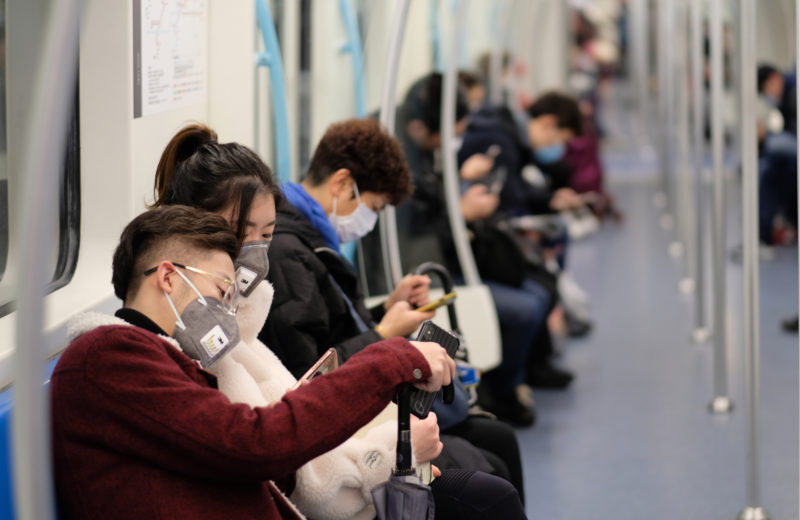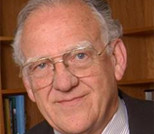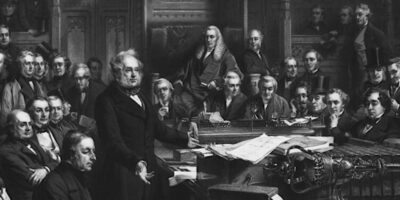Can the Coronavirus End the Trade War?

A CNN headline read: “China halves tariffs on $75 billion of US Goods as Coronavirus Outbreak Escalates.” Once again, it seems, a deadly virus is accelerating a daunting achievement—in this case, one that has frustrated U.S.- China trade negotiators for more than a year.
Bruised by the human tragedies accompanying the coronavirus and the steps taken to control its spread—which have clamped down on the movement of people and products—the Chinese economy is struggling to regain its footing. Estimates of the nation’s 2020 GDP growth are being trimmed, and similar, though much lighter, pruning may take place for the U.S. economy.
China’s decision to lower the tariffs it earlier imposed on U.S. goods, largely in response to Trump administration tariffs aimed at China, will help refill shelves for Chinese consumers and assist producers as they struggle to regain footing.
At the same time, in a benevolent tit-for-tat response, a sympathetic America may move to make further reductions of U.S. tariffs on Chinese goods. So, while it would be awkward to celebrate, the virus may be inspiring an expansion of the type of free, open, and prosperity-generating trade that the recent trade war has diminished for our two countries. Were this to happen, we would have yet another application of an old maxim: It’s an evil wind that blows no good.
Viruses have helped to bring institutional change and eventually improve human prospects. Another example is found in the story of the 1948 formation of the Ohio River Sanitation Commission (Orsanco). Long before there was an Environmental Protection Agency or any meaningful federal water pollution control legislation, the multi-state commission was formed in an effort to reduce the discharge of raw sewage and other pollutants into the Ohio River.
Cincinnati led the effort. With its downstream location, the city could not build water treatment facilities fast enough to provide its citizens with safe drinking water. Pittsburgh and other upstream cities, reaching all the way to New York State, were treating the Ohio as an open sewer. Gravity was a low-cost way to handle their waste. Cincinnati was bearing the cost, and there was no way to send a bill to the upstream river users.
But then, the contaminated Ohio became a breeder for the gastroenteritis virus. And the virus traveled upstream, bringing sickness and hardship to the raw-sewage dischargers. Incentives matter a lot when it comes to public policy, especially when human health is involved. Outbreaks throughout the Ohio watershed brought a public response. Orsanco was born, the Ohio River began to be treated as an asset instead of a liability, and the commission still flourishes. Among other actions, Orsanco imposed discharge limitations, installed robot monitors throughout the river, and coordinated a renewal of the river’s health as well as the health of the people who lived near it.
Coronavirus is imposing horrible costs on human beings across vast regions of the world. Public health threats always require cooperative political responses. With all that is underway, we can expect to see the top priority—coronavirus containment—take hold, and hopefully very soon. Perhaps the prospects for human prosperity may even improve a little, thanks to a virus-led reduction in the trade wars between the United States and China.











